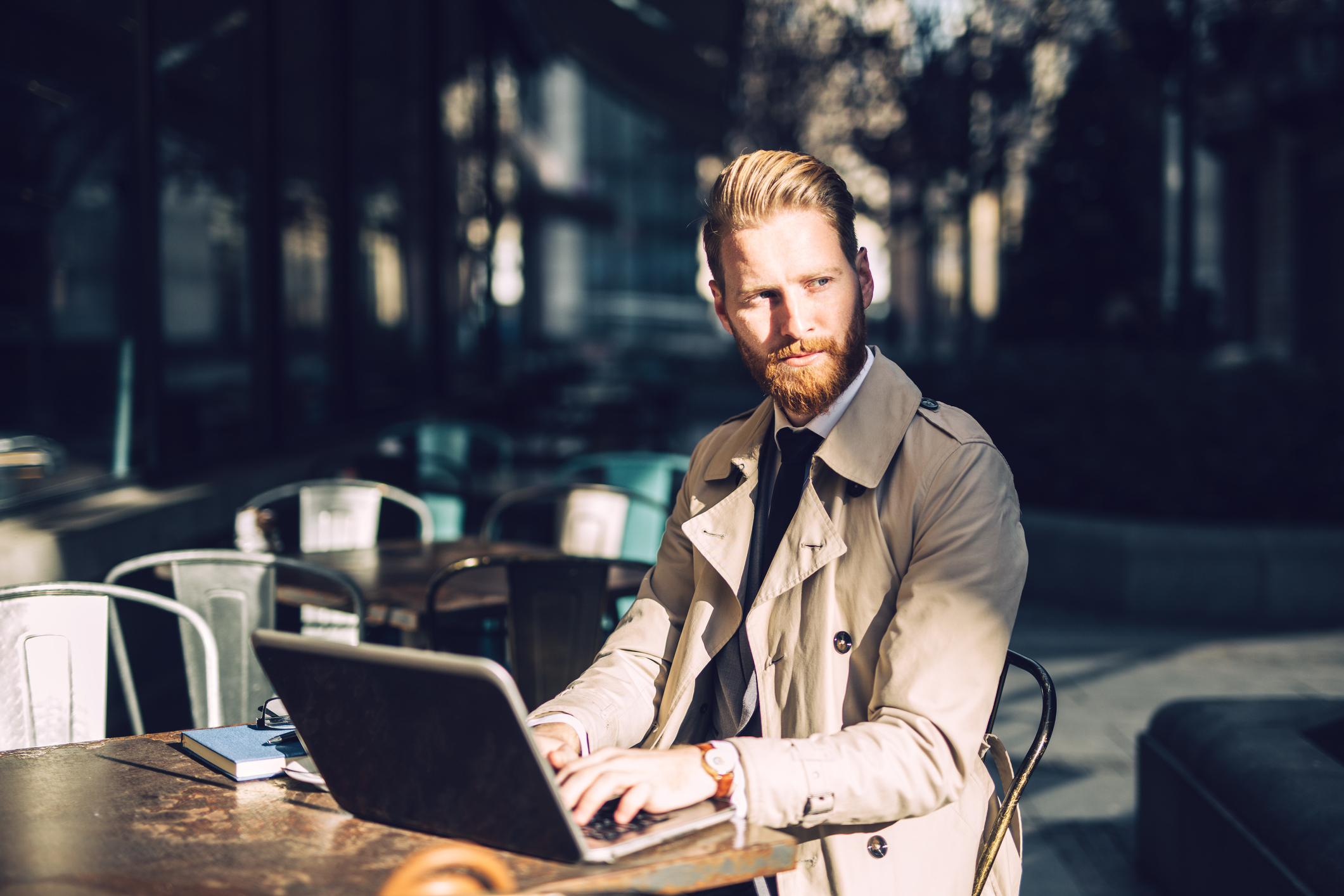Looking for CIA Agents? Try Coffee Shops and Diners

Credit to Author: Jelisa Castrodale| Date: Fri, 18 Oct 2019 12:33:03 +0000
On October 22, 1962, then-President John F. Kennedy made a tense 18-minute appearance on television, announcing to an open-mouthed American audience that the Soviet Union had placed its own nuclear missiles in Cuba, and was also building bases to launch attacks from. Kennedy calmly said that the United States would be enforcing a naval quarantine around Cuba, and he also warned the Soviets of the consequences if they started any shit.
"It shall be the policy of this nation to regard any nuclear missile launched from Cuba against any nation in the Western Hemisphere as an attack by the Soviet Union on the United States, requiring a full retaliatory response upon the Soviet Union," Kennedy said.
Two days later, Washington D.C.-based KGB officer Aleksandr Fomin contacted ABC News correspondent John Scali to ask if Kennedy would really do everything he'd said on TV. "You’re goddamn right he would,” Scali reportedly said.
Four days after Kennedy's speech, Fomin asked to meet Scali at the Occidental Restaurant in downtown D.C. The KGB man said that then-Soviet Premier Nikita Khrushchev would agree to pull the missiles out of Cuba, if the President promised not to invade the island. Later that day, they met again at a coffee shop, and Scali told Fomin that Secretary of State Dean Rusk was interested in that arrangement.
"It was about 7 P.M. in the deserted coffee shop,'' Scali told the New York Times in 1985. ''We were both drinking black coffee. Fomin assured me that Rusk's answer, which I had relayed verbally, would be transmitted immediately to the highest levels of the Soviet Government." Forty-eight hours later, after Kruschev issued a statement announcing that the missiles would be disassembled and taken out of Cuba, Scali and Fomin "celebrated" at a Chinese restaurant.
A lot about so-called 'spy games' and espionage has changed since the early 1960s and the Cuban Missile Crisis, but one thing has remained totally constant: the willingness––and necessity––for spies to meet in restaurants and coffee shops. In a piece for NPR's The Salt, Nina Martyris spoke with two former CIA operatives who said that yeah, they worked out of restaurants often.
"Restaurants and cafés are in many ways the lifeblood of espionage," former spy Amaryllis Fox said. "Restaurants offer the opportunity to meet the people we most seek — those with access to a government or terror group that might be able to help us predict or prevent the next attack. Sometimes those meetings are accidental. Mostly, they are planned to look accidental."
Lindsay Moran said that she'd had a similar experience, especially in the early stages of recruiting a foreign operative. "You want a place where you're unlikely to be seen by known associates of the target, so you pick an out-of-the-way restaurant not near his place of work," she said. "You might also choose a time of day when the place is relatively empty and you will have pre-cased the place to pick the best location within the restaurant. Back exits are always good." (It sounds like Fomin and Scali knew what they were doing.)
And, much like your freelancer ex, spies tend to frequent Panera, McDonald's, and Starbucks, because the restaurants tend to have the same general interior layout and they're open late. Fox said that one of her CIA instructors even used Starbucks gift cards as a way to set up meetings with his students.
"He gives one [gift card] to each of his assets and tells them, 'If you need to see me, buy a coffee.' Then he checks the card numbers on a cybercafé computer each day, and if the balance on one is depleted, he knows he's got a meeting," she said. "And the card numbers aren't tied to identities, so the whole thing is pretty secure."
So there you go: the two people drinking flat whites beside you right now are probably spies––and one of them might be trying to save the world or something.
This article originally appeared on VICE US.